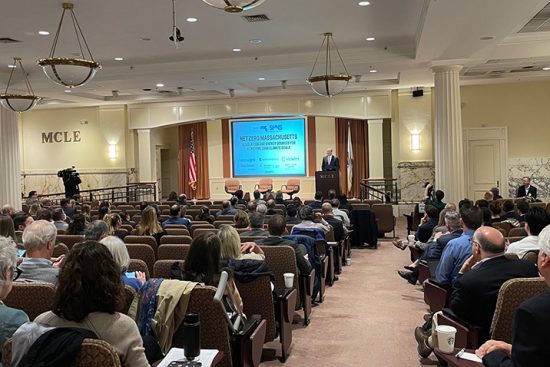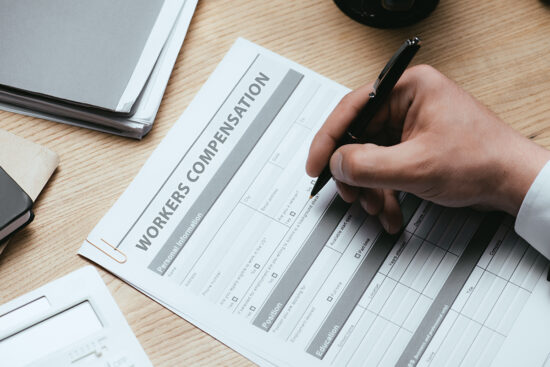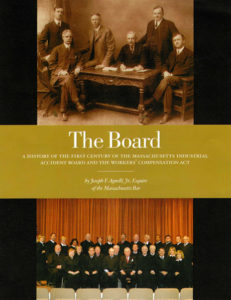
In regards to timely reporting of work-related injuries or conditions, the Massachusetts workers’ compensation law imposes two significant deadlines on an injured worker with respect to pursuing workers’ compensation benefits.
If you are injured at work, or have been diagnosed with a medical condition related to your work-activities, and you intend to pursue workers’ compensation benefits, the law requires that you 1) report the work-related injury or condition to your employer, or to your employer’s insurance company, “as soon as practicable after the happening thereof,” and 2) file a claim for benefits no less than 4 years from the date of the injury, or from when you knew, or should have known, that your medical condition was work related.





